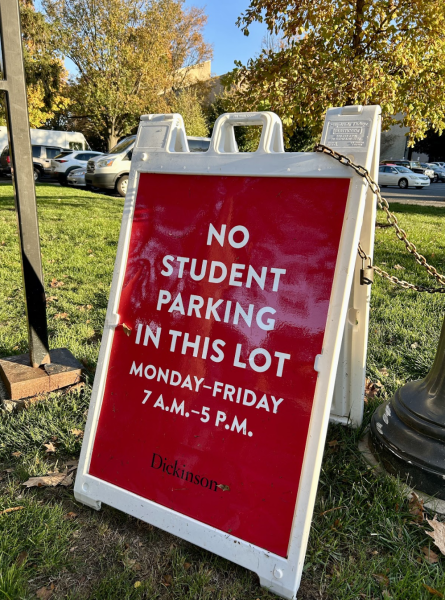Our Minimum Wage
Minimum wage legislation always struggles to make progress, and this time is no different. This lack of progress on the issue is attributed to the fact that such legislation is viewed as a “job killer.” This sort of discourse happens to friends of mine at Dickinson, some of whom work minimum wage in order to pay for college. They think that people will quit their jobs if the minimum wage is raised. What these retailers forget when advocating for the status quo is that there is no correlation between raising the minimum wage and losing jobs.
Australia is an example that defies the so-called correlation. They have the highest minimum wage worldwide at approximately $16.88 an hour , but their unemployment has stayed under 6% . Conservatives try to invalidate the low overall unemployment there by pointing out the relatively high unemployment among younger workers in the country. There is one problem with this argument: these talking heads forget to compare youth unemployment in Australia to youth unemployment in the United States. Conservatives probably would prefer for the comparison to be left out, because teen unemployment in America is much worse than teen unemployment in Australia.
Australia’s high minimum wage and low unemployment is not a fluke. In Canada, the minimum wage ranges from $9.95 an hour to $11 an hour in Canadian dollars ($9.51 to $10.51 an hour in U.S. dollars), depending on the province . At the same time, Canada’s unemployment rate is lower than that of the United States. Ironically, the biggest job growth in Canada has been in the hotel and restaurant sectors , both of which often have many minimum wage jobs. These numbers show that businesses are not running away to another country as a result of Canada’s high minimum wage. These numbers are good news for all of those who work minimum wage jobs in the states, because it shows that jobs will not be endangered due to a national minimum wage increase.
The minimum wage does not create jobs either. For example, Ireland, which has one of the highest minimum wages in Europe (nobody earns less than €6.02 an hour, the equivalent of $8.50 an hour) , is going through an economic depression. The high minimum wage did not keep Ireland from suffering a depression, but there were instead other factors that led the country into an economic crisis. This means that there are factors beyond the minimum wage that controls a national economy.
Fear not, Dickinson students who are working minimum wage jobs in order to pay for college: jobs will not disappear because of a minimum wage increase. Statistics show that raising the minimum wage is neither a “job killer” nor a “job creater.” Instead of talking about the minimum wage in terms of job creation or destruction, the focus should be on whether the government should pay the bill, in the form of food stamps, for employers not giving their employees livable wages. If the answer to this question is no, the minimum wage must be raised.



